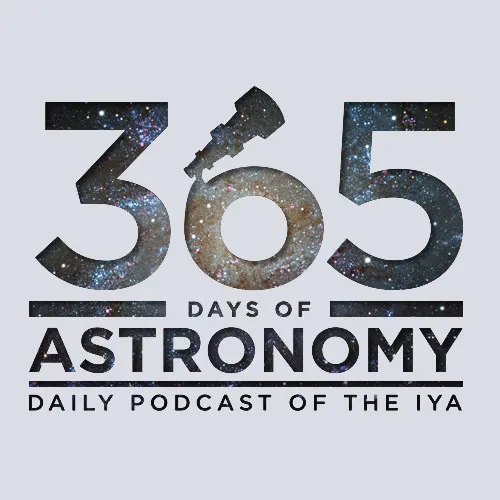
The 365 Days of Astronomy
The 365 Days of Astronomy podcast launched in 2009 as part of the International Year of Astronomy. This community podcast continues to bring you day after day of content across the years. Everyday, a new voice, helping you see the universe we share in a new way. This show is managed by Avivah Yamani, edited by Richard Drumm. This podcast is funded through Patreon.com/CosmoQuestX and produced out of the Planetary Science Institute.
- Update frequency
- every day
- Average duration
- 26 minutes
- Episodes
- 320
- Years Active
- 2024 - 2025
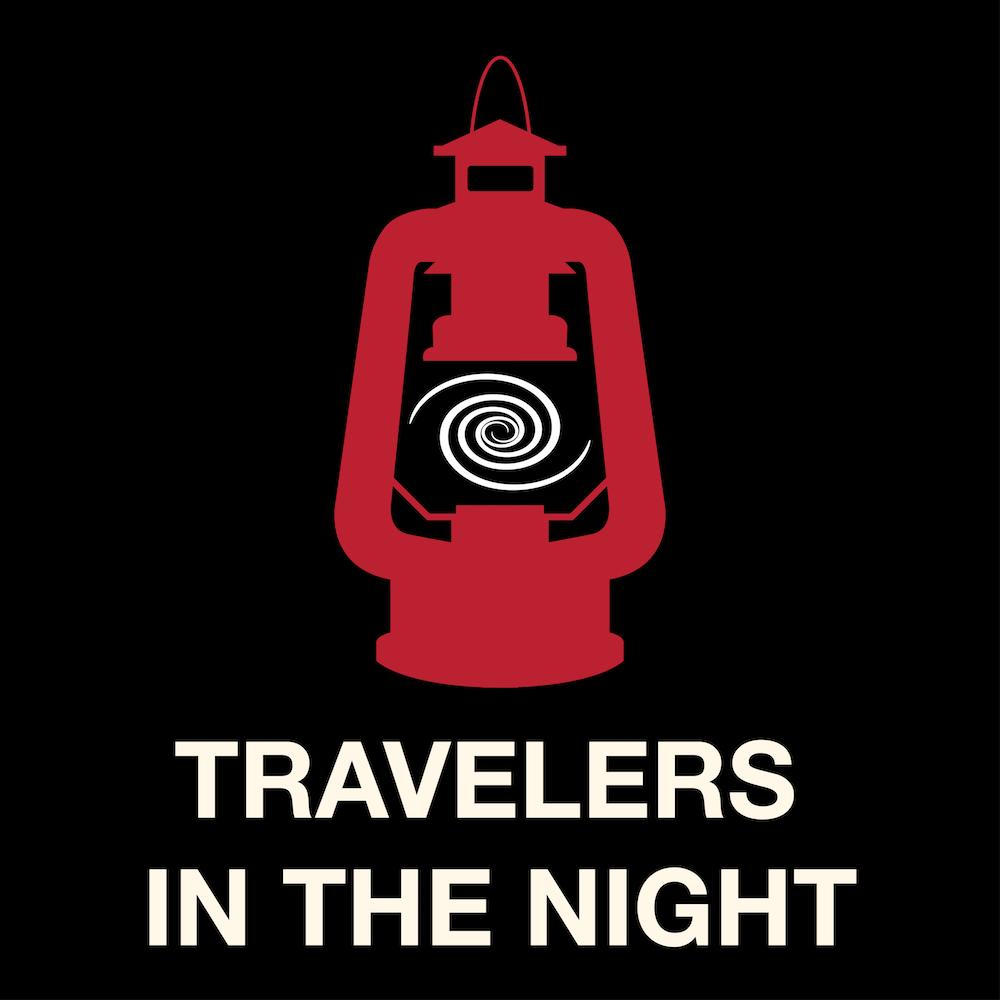
Travelers in the Night Eps. 803 & 804: Monster NEO & Tracie’s Solo
Dr. Al Grauer hosts. Dr. Albert D. Grauer ( @Nmcanopus ) is an observational asteroid hunting astronomer. Dr. Grauer retired from the University of Arkansas at Little Rock in 2006. travelersinthenigh…
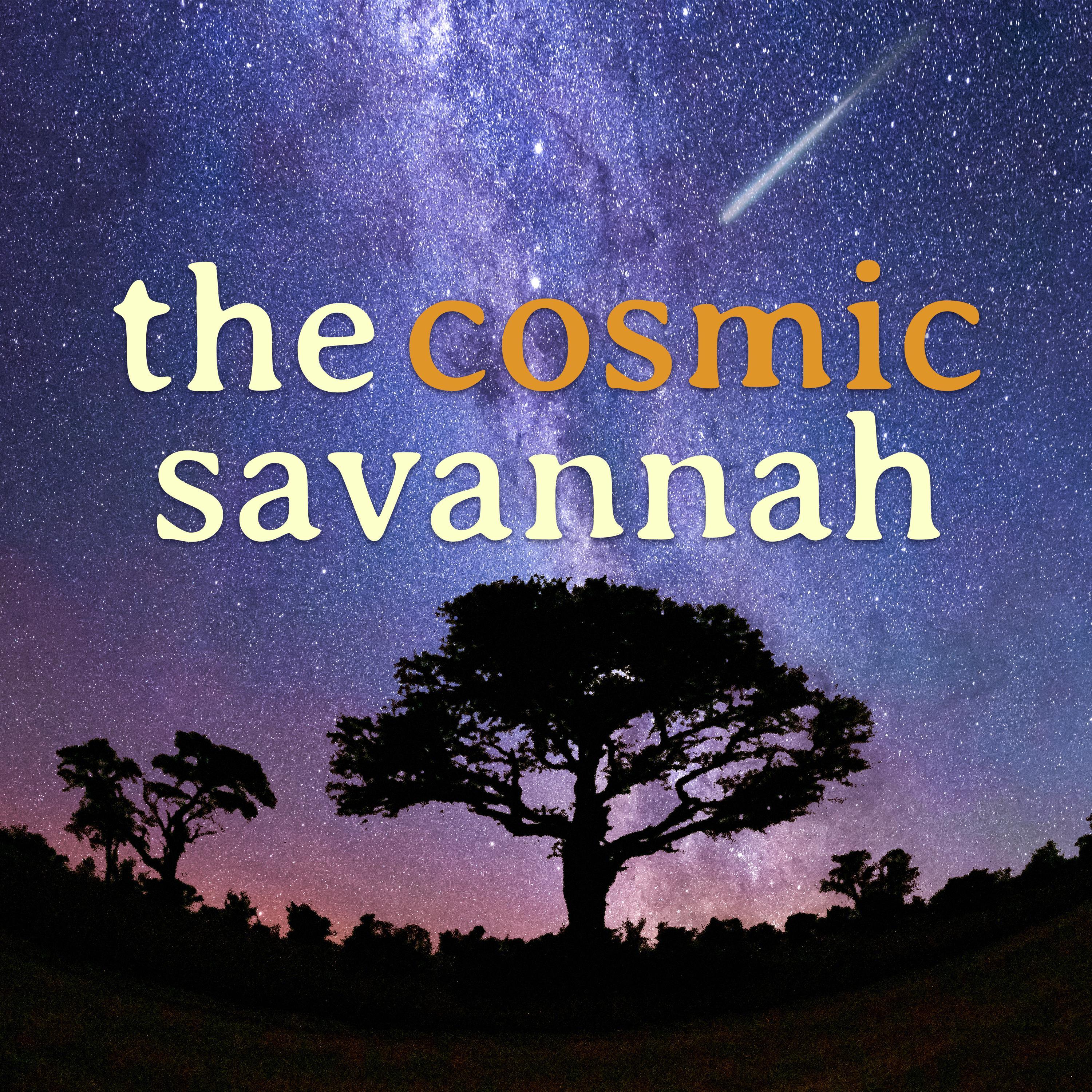
The Cosmic Savannah Ep. 72: Exploring New Horizons in Astronomy
Hosted by Dr. Jacinta Delhaize, Dr. Tshiamiso Makwela & Dr. Daniel Cunnama.
From June 19, 2024.
Season 6.
In this episode of The Cosmic Savannah, our hosts chat with Dr. Rojovola Zara-Nomena Randriam…

EVSN - Volunteer Stargazer
From July 16, 2025.
In this special episode we look at how volunteers throughout history have aided in scientific explorations and tell you how you can get involved with our latest community science …

UNAWE Space Scoop - What Did Our Solar System Look Like as a Baby?
Hosted by Richard Drumm, your editor!
Planets don’t just pop out of nowhere, fully formed and ready for astronomers to study. First, they begin as tiny little specks of dust, forming inside the cloud…

Cheap Astronomy Ep. 121: Black Holes Yet Again!
Very dense and podcastable.
Cheap Astronomy finds there can never be too many podcasts about black holes.
Dear Cheap Astronomy – What are squeezars?
Squeezars are stars that orbit supermassive blac…

Ask A Spaceman Ep. 252: Why Can’t We Get Free Energy from the Vacuum?
Hosted by Dr. Paul M. Sutter.
Why does the vacuum of spacetime have energy? How much energy does it have? What prevents us from using it to do anything useful? I discuss these questions and more in t…
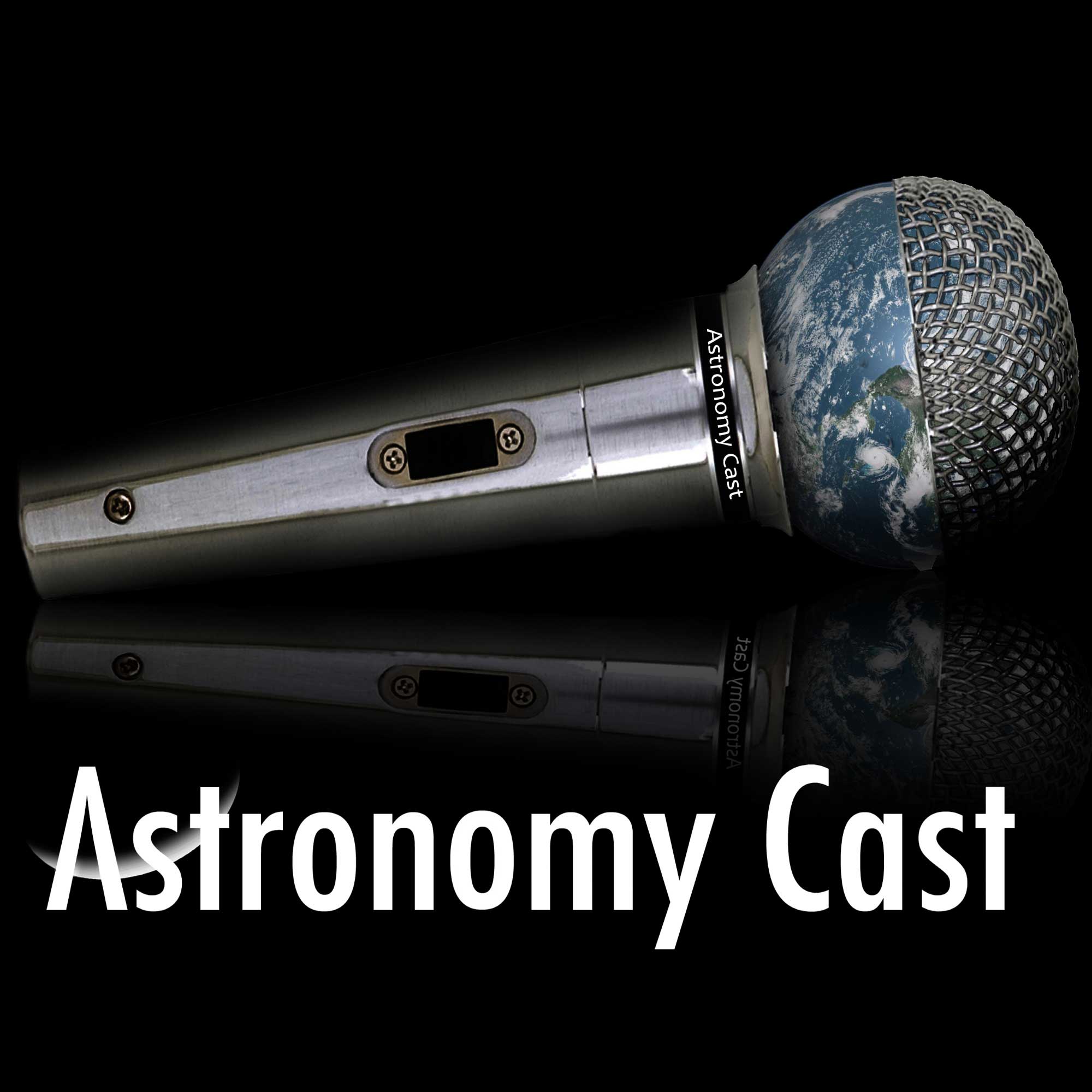
Astronomy Cast Ep. 277: Orbit
From October 22, 2012.
When an object is orbiting the Earth, it’s really falling. The trick, described in the Hitchhiker’s Guide to the Galaxy, is how to throw yourself at the ground and miss. There …

Travelers in the Night Eps. 801 & 802: Jacqui’s PHA & Bok Comet
Dr. Al Grauer hosts. Dr. Albert D. Grauer ( @Nmcanopus ) is an observational asteroid hunting astronomer. Dr. Grauer retired from the University of Arkansas at Little Rock in 2006. travelersinthenigh…
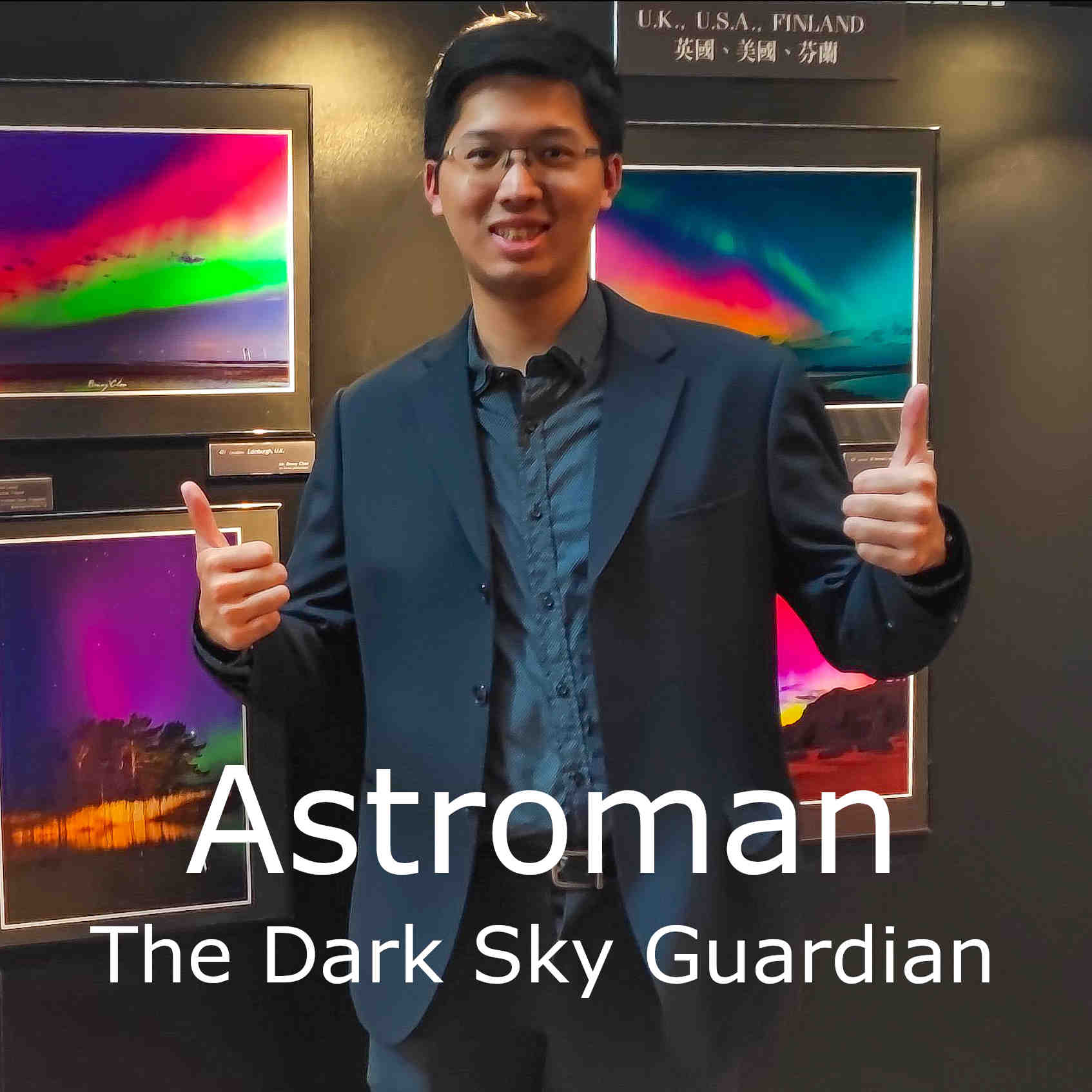
ASTROMAN - Capturing the Milky Way - A Starter’s Guide to Capturing the Milky Way
Episode 7.
“ASTROMAN: the Dark Sky Guardian” is a podcast channel that aims to explore popular science in multiple disciplines and research on interdisciplinary approaches, such as sustainability, da…

EVSN - Magnetic Fields Help Find Ocean Worlds
Researchers have determined how to effectively measure the magnetic fields at Neptune to determine if any of the moons are ocean worlds… in just twelve minutes. Plus, lasers recreate galaxy cluster c…
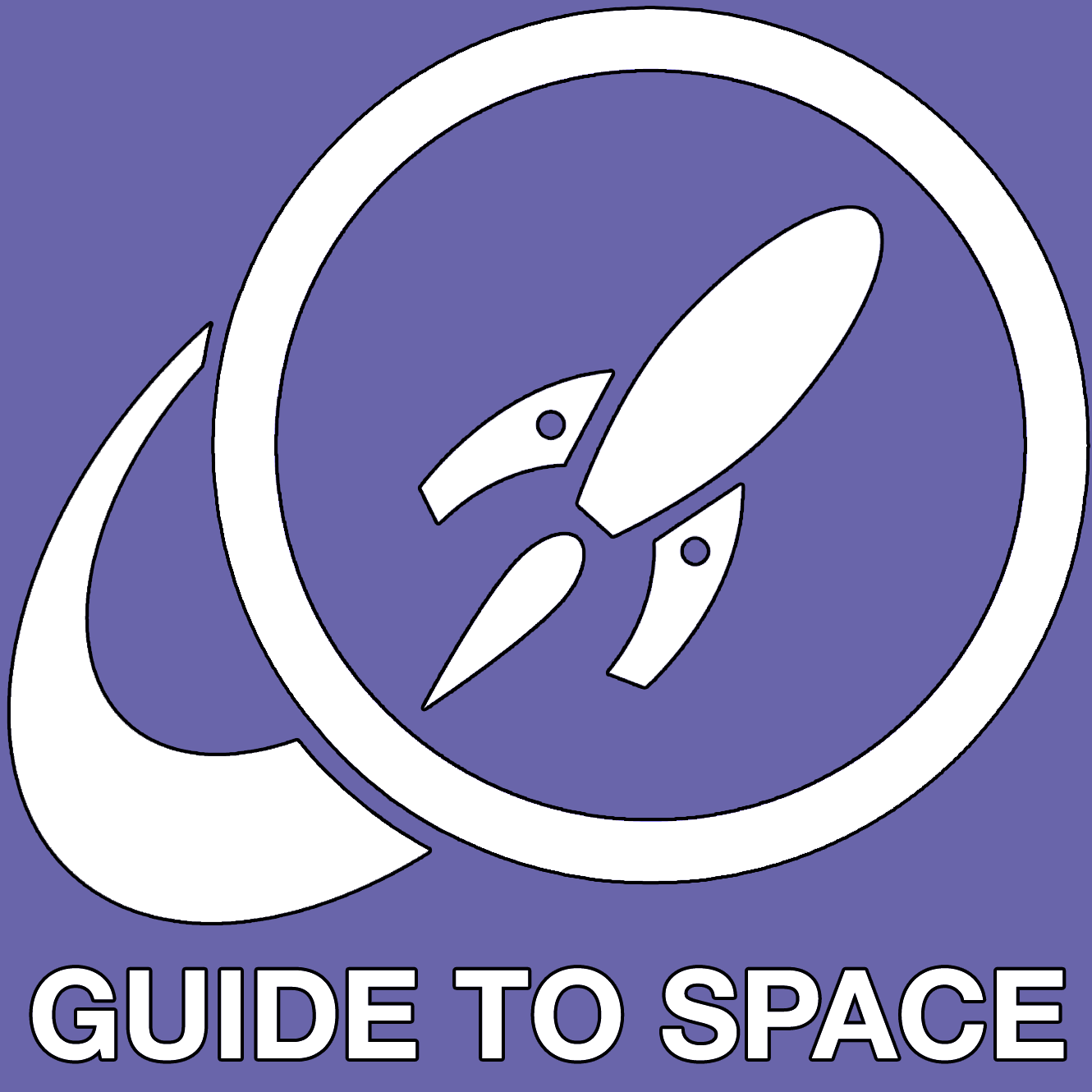
Guide to Space - What Comes After James Webb & Nancy Grace Roman?
https://www.youtube.com/watch?v=7x0RpGa_IXA
From Jun 12, 2018.
The Hubble Space Telescope has been in space for 28 years, producing some of the most beautiful and scientifically important images of t…

Exoplanet Radio Ep. 39 - Biosignatures: The Search for Life Beyond Earth
https://www.youtube.com/watch?v=kaauzzrH4N8
From Oct 4, 2023.
Hosted by Tony Darnell.
In recent years, scientists have made great strides in the search for extraterrestrial life. They have discovere…

Astronomy Cast Ep. 112: Death From the Skies, With Phil Plait
http://www.astronomycast.com/archive/
From October 27, 2008.
We say it all the time here on Astronomy Cast: the Universe is trying to kill us. This week, Pamela is joined by Dr. Phil Plait to discuss…

Travelers in the Night Eps. 799 & 800: Nature’s Gateways & Telescope Reborn
Dr. Al Grauer hosts. Dr. Albert D. Grauer ( @Nmcanopus ) is an observational asteroid hunting astronomer. Dr. Grauer retired from the University of Arkansas at Little Rock in 2006. travelersinthenigh…

NOIR Lab - The Rubin Observatory First Look
Messengers Of Time And Space with Dr. Alan Strauss!
The NSF–DOE Vera C. Rubin Observatory, released its first imagery at an event in Washington, D.C. The imagery shows cosmic phenomena captured at an…

EVSN - Lightweight Mars-sized Planet Found in TESS Data
From December 3, 2021.
A Mars-sized planet was found just 31 light-years away, orbiting its star every eight hours and having 55 percent the mass of the Earth, leading scientists to conclude it’s mos…

Space Stories - Chasing Cosmic Fireflies: A Guide to Transient Objects
Hosted by Avivah Yamani.
The night sky isn’t still. It’s full of brief, brilliant flashes called transient objects. In this episode we explain what they are, why they matter, and how you can help cha…

Guide to Space - It Came From Deep Space!
https://www.youtube.com/watch?v=IQtdQ94jy8I
From Oct 17, 2017.
Some comets orbit the Sun on a regular basis, but others come in from deep space, a region known as the Oort Cloud. What causes them to…

Ask A Spaceman Ep. 251: Are the Cosmic Voids Really Empty?
The Total Emptiness of Cosmic Voids.
How do we actually define voids? Are there regions within them that are truly empty? What would it be like to be inside one? I discuss these questions and more in…
